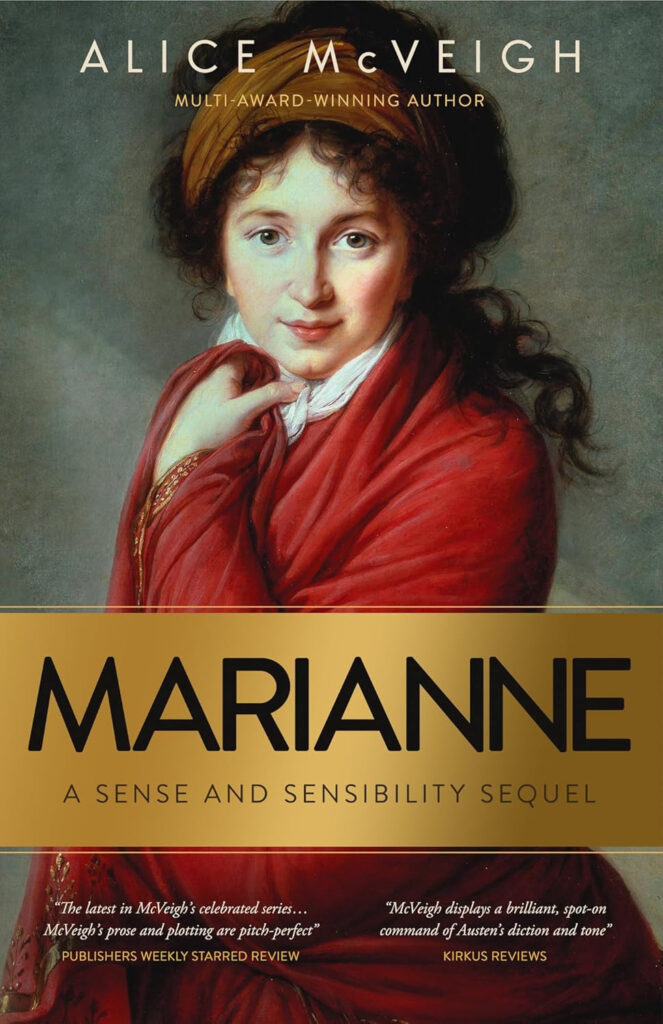
Expertly adding to her expansion of Jane Austen’s ouevre, Marianne by Alice McVeigh is the fifth thrilling piece of an impressive historical fiction series.
Marianne, recently widowed but prone to unreasonable love, is offered condolences as often as invitations from the endless supply of eager new suitors in London, but her heart is distracted by the presence of her first true love. Navigating this new and overwhelming world of social climbing only becomes more complicated when her firecracker of a younger sister, Margaret, arrives on the scene to stir up trouble and swoon at the resultant drama.
Bouncing between the overwrought soon-to-be-father Willoughby, the questionably sinful Crawford, Rushworth’s divorced desperation, and more, Marianne is repeatedly shown the superficiality of romance, but that doesn’t stop her desire to be someone’s forever. When Margaret is imprisoned for a petty crime and threatened with deportation to Tasmania, Marianne must lean on her razor-sharp wit and the competitive cadre of handsome allies she has drawn to her side if she wants to keep her family and future whole.
While this will be a welcome feast for those Austen super-fans who catch every clever allusion and aside, it is also a poignantly penned Regency-era drama that can stand alone without a full understanding of backstory. Notably, McVeigh captures the empowered voice and introspective narration of her source material, with its linguistic flourishes enclosing blossoms of valuable wisdom and reflection. Smoothly flowing from seemingly simple flirtations and casual musings to nuanced dissections of emotion and multifaceted self-interrogations, the artful prose brings each character into crystal-clear focus, revealing their many facets of recognizable humanity.
Similar to the appeal of Bridgerton, and likely enjoyed by an overlapping audience, this series is invigorating, self-aware, and contemporary, without ever breaking its facade of historical gentility. The epistolary structure of journal entries allows for blunt and revelatory writing, and Margaret’s aspiring storyteller perspective is sharp-eyed and frequently hilarious. The interwoven narrative chapters offer a more guarded tone, but evoke an energetic eagerness that transports readers back to their own whimsical whirls of youthful infatuation. This variety in the authorial voice makes the reading experience a seamless and accessible pleasure.
There are certain scenes and interactions that stretch into verbosity and repetition – the prose can occasionally feel over the top, such as Willoughby in his lamentations and cyclical self-doubts. That said, his often melodramatic internal monologue – and the depictions of multiple suitors – make for a neat and satisfying jab at the male psyche. Like Austen’s classics, there are ample tongue-in-cheek critiques of masculinity throughout these pages, as well as powerful moments of feminine solidarity, despite the clashes that flare beneath their polished words and petticoats.
All told, the novel feels alive with reverence for the source material; it is an ambitious endeavor to extrapolate the fiction of such a revered writer, but this series continues to be an immersive delight, extending, honoring, and doing justice to Austen’s timeless literary canon.
Book Links
STAR RATING
Design
Content
Editing
Get an Editorial Review | Get Amazon Sales & Reviews | Get Edited | Get Beta Readers | Enter the SPR Book Awards | Other Marketing Services






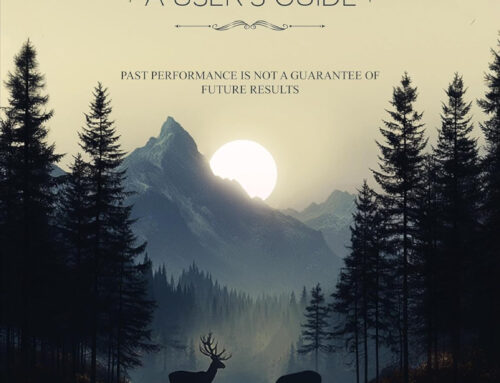
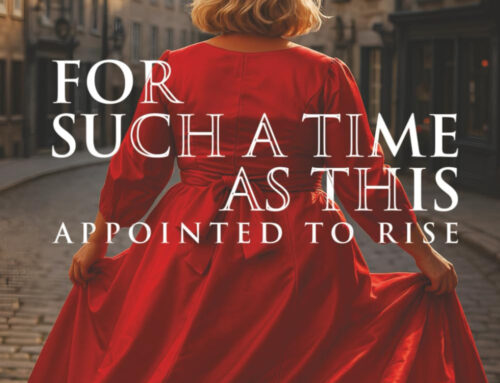

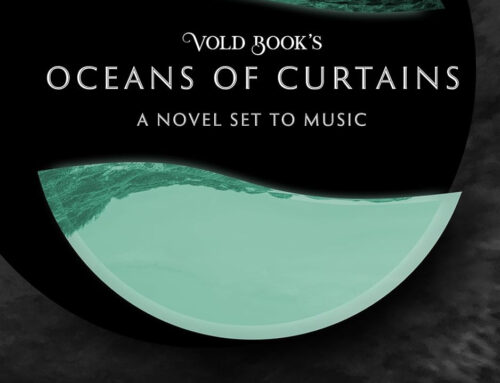
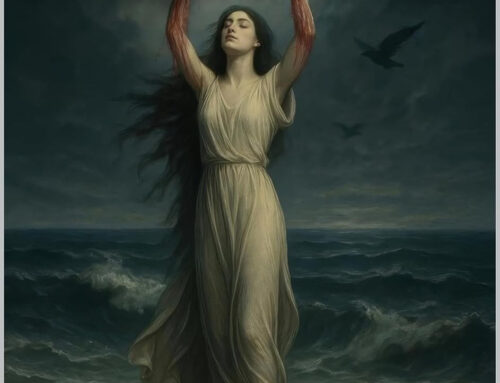

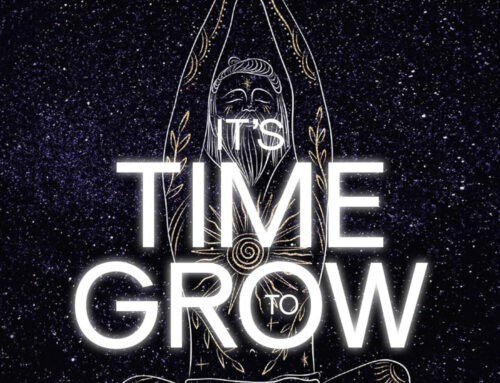
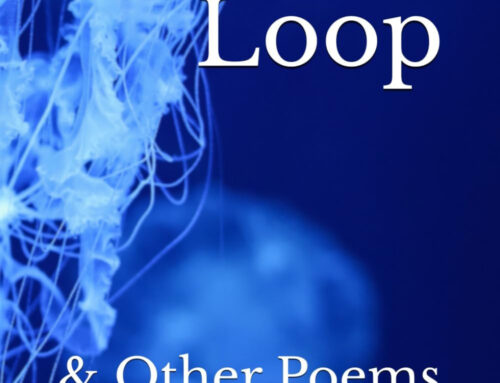




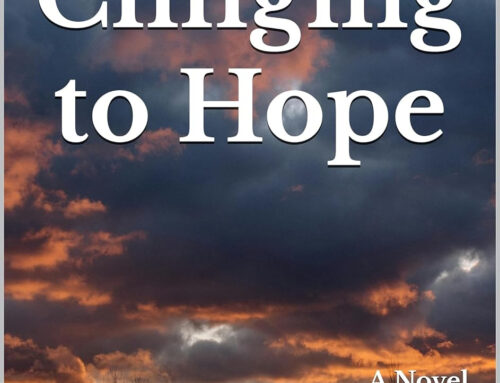




Leave A Comment